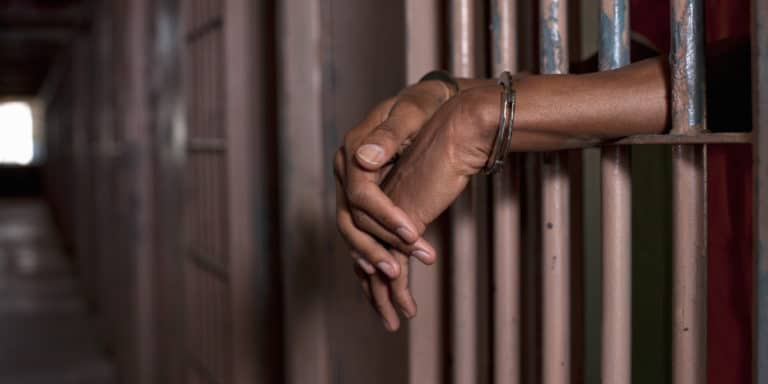ABUJA — The Independent National Electoral Commission (INEC) is considering allowing inmates to vote in the 2027 general elections, a move that has stirred both praise and caution among stakeholders.
INEC Chairman, Prof. Mahmood Yakubu, revealed the plan last week while hosting the Comptroller General of the Nigeria Correctional Service (NCoS), Sylvester Nwakuche, at the commission’s headquarters in Abuja. He affirmed an Appeal Court judgment granting inmates the right to register and vote, noting that discussions with the NCoS were ongoing to determine how the policy would be implemented.
“These include access to voting facilities, addressing political parties’ concerns, and determining the category of inmates covered by the court ruling,” Yakubu explained.
Legal practitioner, Barrister Zurkallaini Sani Tsanyawa, welcomed the move as constitutionally sound, citing the 1999 Constitution (as amended) and the Appeal Court ruling.
“All Nigerian citizens have the right to vote, including detainees. The INEC chairman’s statement is in line with the law and the judgment of the Court of Appeal,” Tsanyawa said. However, he cautioned against possible abuse. “Both security agencies and INEC must put measures in place to prevent corrupt politicians from exploiting this opportunity to rig elections.”
Political scientist, Professor Kamilu Sani Fagge of Bayero University, Kano, also backed the proposal but warned of the high risk of manipulation.
“I think it’s long overdue, as prisoners deserve to exercise their rights. But to avoid rigging, INEC must establish strict protocols, ensure all eligible inmates are properly registered, and make the list public for monitoring,” Fagge advised.
He further suggested conducting a mock election to test the process before rolling it out in a general election. “This will help identify and fix loopholes before full implementation,” he said.
If approved, inmate voting in 2027 could mark a historic shift in Nigeria’s democratic process — but experts insist the success of the initiative will depend on airtight safeguards against political interference.

Comments